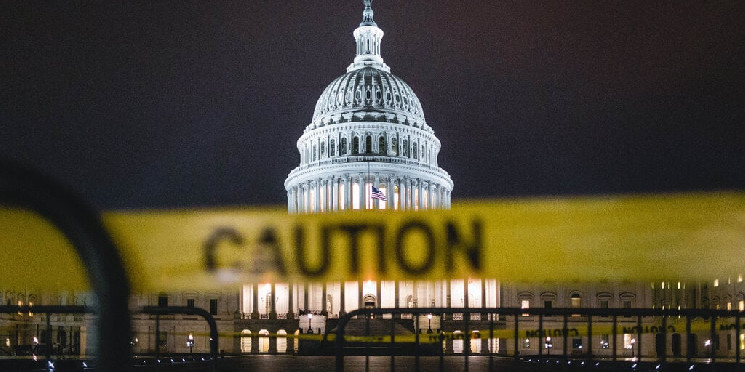Understanding the Impact of Proposed Crypto Legislation on Securities Laws
As crypto-related bills make their way through Congress with the goal of passage by August, the potential implications of this legislation are still unfolding. One such bill, the Securities Clarity Act, aims to amend U.S. securities laws to exclude most crypto assets from being classified as securities—a significant departure from existing regulations.
Introduced by House Majority Whip Tom Emmer, a vocal supporter of crypto, the Securities Clarity Act is set to be integrated into the FIT21 bill, a key piece of legislation prioritized by congressional leaders and the White House. This move signals a shift in attitude towards the crypto industry under the new administration.
Proposed Changes to Securities Regulation
The Securities Clarity Act seeks to remove the discretion of federal agencies, such as the SEC, in determining the security status of crypto assets. By amending foundational securities laws, the bill aims to explicitly exempt blockchain-based tokens like Ethereum, Solana, and Cardano from SEC oversight.
This approach contrasts with the previous version of the FIT21 bill, which envisioned a collaborative effort between the SEC and CFTC to establish a new framework for evaluating the security status of digital assets. The Securities Clarity Act, however, eliminates the need for such a process by providing a clear exemption for certain types of tokens.
Potential Ramifications of the Legislation
While supporters of the bill argue that it clarifies existing securities laws, critics warn that it could weaken regulatory oversight not only in the crypto market but also in traditional financial sectors. By creating a specific exemption for crypto assets, the legislation could set a precedent for other industries to seek similar regulatory relief.
Opponents of the bill, like Corey Frayer from the Consumer Federation of America, caution that altering the definition of securities could open the door for non-crypto assets to evade regulatory scrutiny by aligning themselves with the exempted crypto tokens. This could potentially undermine decades of securities regulation in the U.S.
Debating the Legal Implications
Legal experts are divided on the potential impact of the Securities Clarity Act. While some believe it simply clarifies the status of digital assets as non-securities, others argue that it introduces uncertainty into the regulatory framework by carving out specific exemptions.
As the crypto industry continues to evolve and intersect with traditional finance, the debate over regulatory clarity and investor protection remains ongoing. The Securities Clarity Act represents just one aspect of the larger effort to integrate crypto into the mainstream financial system, but its implications could have far-reaching consequences for securities regulation in the U.S.

